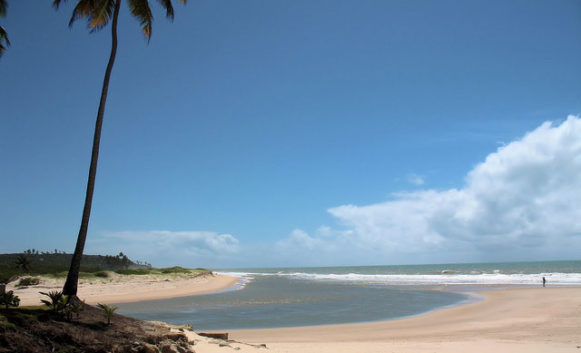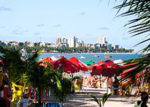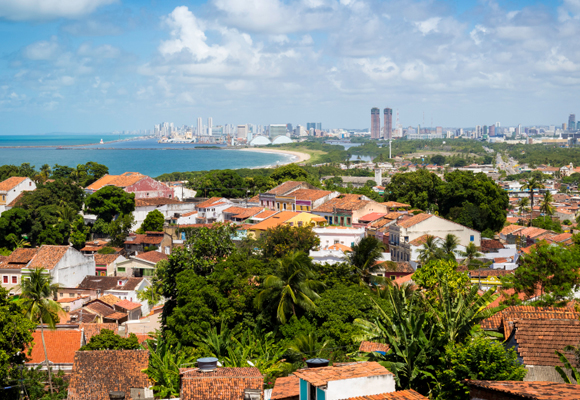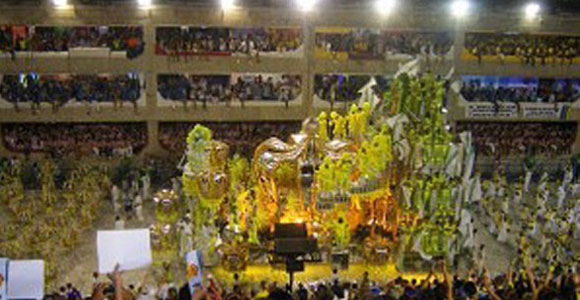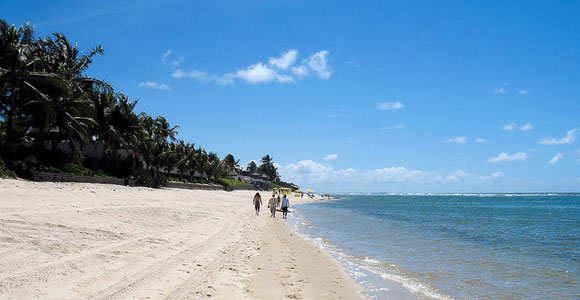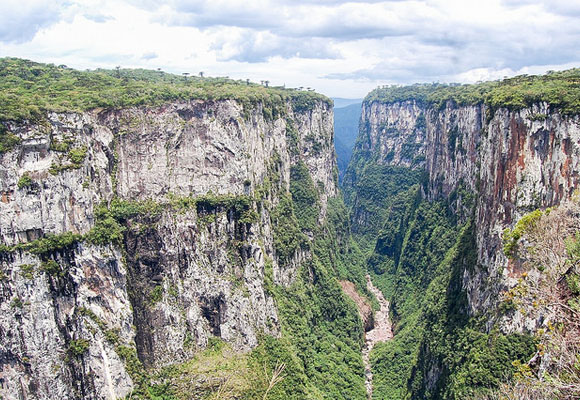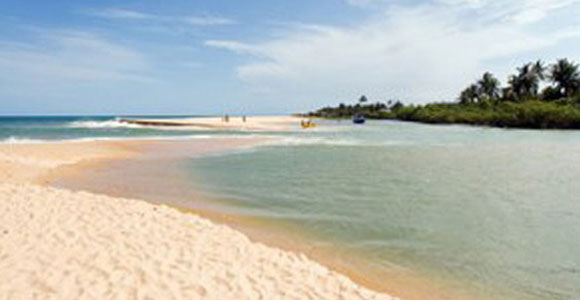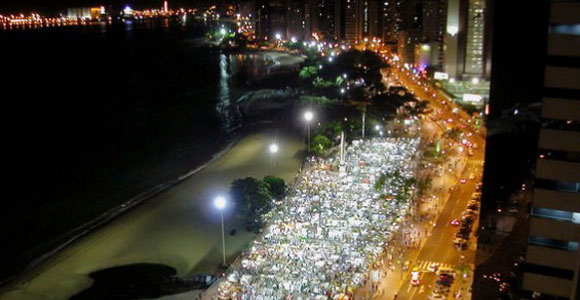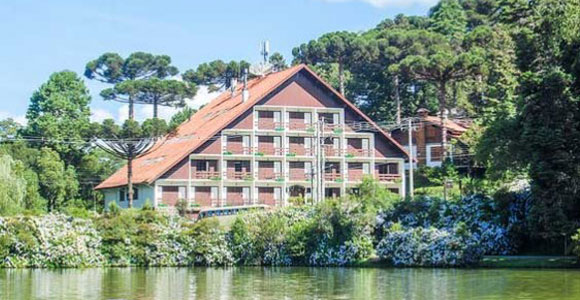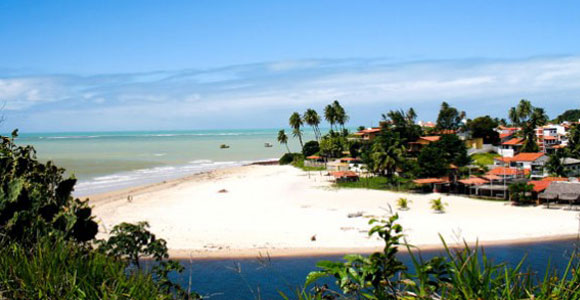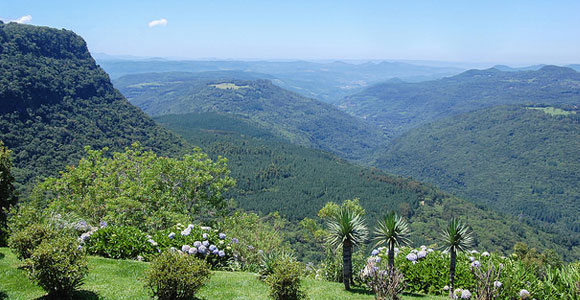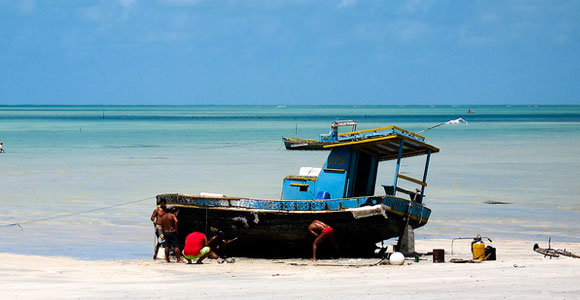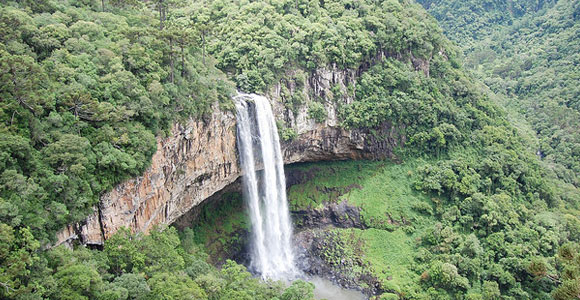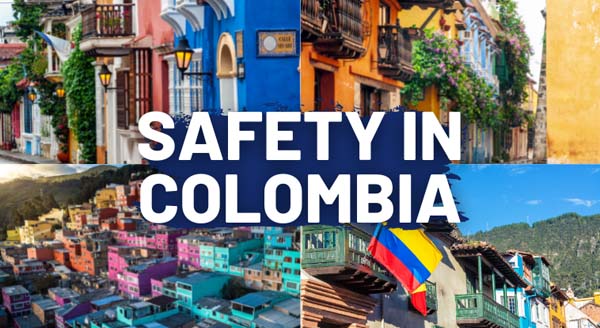And while this largest of all Latin countries has seen rapid development in recent years, there are still good investment opportunities to be had in some desirable areas.
A Large, Tropical Paradise
Brazil is the world’s fifth-largest country—larger, in fact, than the continental U.S. It comprises more than half of South America, bordering every country except Chile and Ecuador.
The capital of Brazil is Brasilia, with a population of 2.5 million. Its largest city is São Paulo, with over 11 million. Rio de Janeiro, the country’s second-largest city, has an official population of 6.5 million. Brazil has modern cities such as Curitiba and Porto Alegre, and is peppered with lovely colonial towns such as Paraty and Ouro Preto.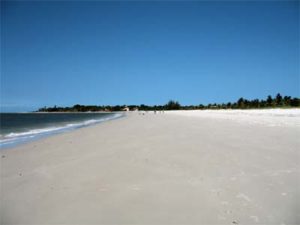
Brazil is blessed with almost 5,000 miles of sandy beaches, warm Atlantic waters, a fantastic climate, and mountains with spring-fresh weather. And don’t forget the Amazon Basin, or the Pantanal, the world’s largest seasonal wetlands.
Brazil’s weather is definitely part of its appeal. The climate is mostly tropical (Brazil has the world’s longest tropical coast), but with temperate climates in the southern part of the country. Temperatures are warm and balmy all year in the tropical areas, but much of the coast enjoys a pleasant onshore breeze, which makes for comfortable weather and clean, healthy air.
What Brazil does not have are earthquakes, tornadoes, and hurricanes.
Brazil’s culture is one of the richest and most fascinating on earth, having added the cultural influences of Europe, Africa, and Asia to its indigenous roots. These roots have together produced a wonderfully rich panorama which ranges from samba to capoeira, and from the festas juninas of the North to the churrascos and mate of the South.
It’s no surprise that many IL readers have taken advantage of the opportunity to retire, own a second home, or invest in Latin America’s largest nation.
Brazilians: The Best Part of Brazil
The Brazilian people are animated, receptive, and irrepressibly upbeat. And although the country has developed and modernized rapidly, it retains a relationship-centered culture. Family and friends are still the central focus for most.
And yet, Brazilians are amazingly receptive of outsiders—as was noted by virtually everyone who visited Brazil during the 2014 World Cup games. Brazilians take pride in helping others, and greet expats with warmth and curiosity.
There are certainly pronounced regional differences. The North and Northeast are known for being laidback; the Cariocas of Rio have their own distinctive flair; Paulistas hustle and have a reputation for business savvy; while the Gauchos of the South have much in common with their neighbors in Argentina and Uruguay. And yet there are traits which unite all the regions, including warmth and a positive outlook.
Expats are Coming to Brazil Like Never Before
Brazil is starting to draw North American expats like never before. And not just expats, but second-home buyers and property investors are also coming down in record numbers.
People are drawn by the thousands of miles of beautiful, white-sand beaches and the warm, tropical weather. But more than that, the Brazilian culture, music, and language are unfamiliar, exotic, and romantic to North Americans. They’re buying beachfront properties and investing in lucrative pre-construction developments—while enjoying a more relaxed lifestyle.
Although Brazil is not as cheap as it was a few years ago, in most locations the cost of living is still low by North American standards. Inexpensive properties, incredible natural beauty, and agreeable weather combine to add up to a tremendous value.

